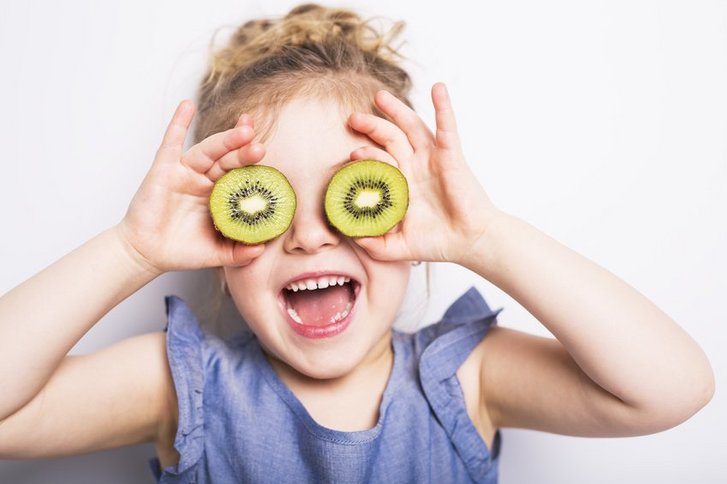Cancer in childhood represents an extraordinary burden for the entire organism. On the one hand, the young patients are still growing, on the other hand, both the tumour and the therapy can weaken the body.
In addition, the different cancer therapies can have an influence on eating and drinking behaviour. Chemotherapeutic drugs often lead to loss of appetite, nausea, impaired taste, inflammation of the mucous membranes (mucositis) or diarrhoea or constipation.
General nutritional advice
At our paediatric oncology centre we follow the current nutritional recommendations, which can provide relief here. Proper nutrition helps to avoid complications and leads to a more favourable course of the disease and a higher quality of life.
- We recommend a balanced, age-appropriate diet to our patients. The food pyramid with a selection of all food groups helps as a guide.
- Children with cancer usually have an increased energy and protein requirement, which should be met individually through dairy products such as curd cheese and cheese, meat and fish, cereals and potatoes.
- It is important to use only hygienically perfect food. Particularly during chemotherapy, food contaminated with germs must be replaced by alternatives with lower levels of germs in order to avoid infections caused by pathogens ("Cook it, peel it or leave it"). We will be happy to provide you with further information on this.
- Children should drink 1.5 - 2 litres of fluid daily. Normally, the fluid requirement is best met by mineral water, unsweetened tea or diluted fruit spritzers. If you want to consume a lot of calories in a small amount, fresh juices or smoothies are recommended.
- If their sense of taste changes, affected children should try out new flavours and eat whatever they feel like eating. If swallowing difficulties occur, smoothies, cool food or soups are suitable.
- If the child does not manage to consume enough energy and nutrients via the amount of food, the calorie intake is increased individually according to a step-by-step scheme by enrichment or supplementary foods, such as high-calorie sip feeds.
- In children with a pronounced lack of appetite and underweight or with severe swallowing disorders, parenteral nutrition can be used.
